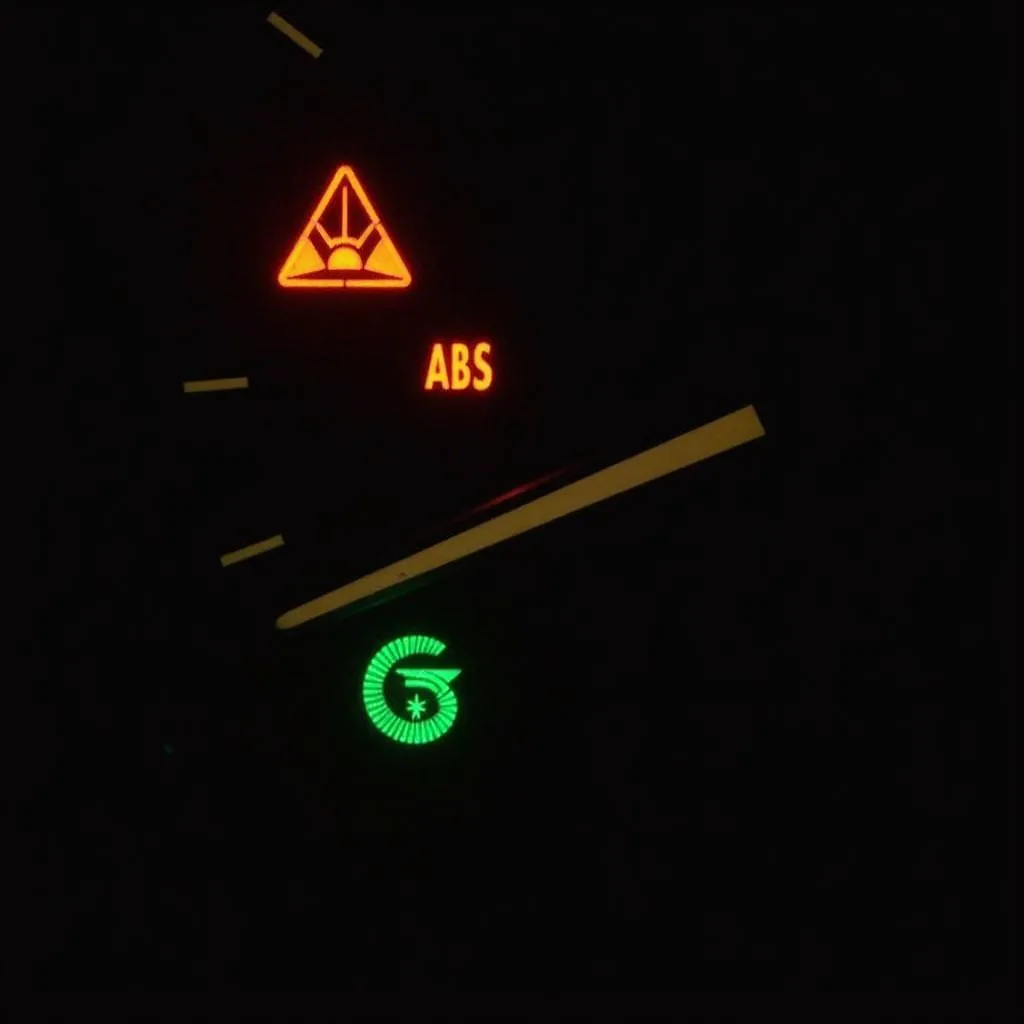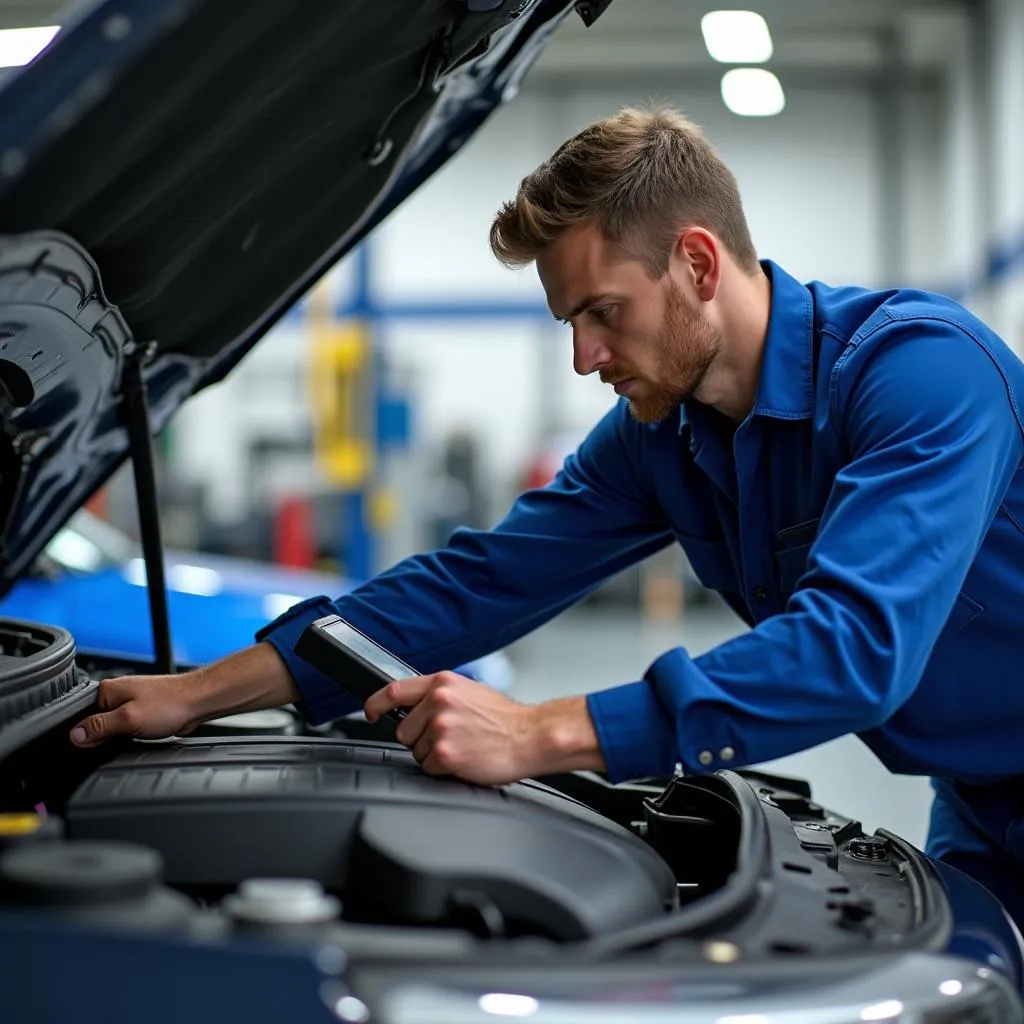Understanding Urgent Care Fever: A Car Diag Xpert Guide
Imagine this: You’re driving down a quiet street in sunny California, maybe cruising along the Pacific Coast Highway, when suddenly your car starts sputtering and loses power. You manage to pull over safely, heart pounding, and realize this is more than just a flat tire. Your dashboard lights up like a Christmas tree, and you have no idea what’s wrong. This, my friends, is a prime example of a situation that might send you running for “urgent care” for your car.
What Does “Urgent Care Fever” Even Mean in the Automotive World?
Now, before you picture a team of mechanics rushing your car into an operating room, let’s break down what we mean by “Urgent Care Fever” when it comes to cars.
The Mechanic’s Perspective
From a mechanic’s point of view, “urgent care fever” describes those car problems that can’t be ignored. These are issues that demand immediate attention to prevent further damage or ensure your safety on the road. Think sudden brake failure, engine overheating, or warning lights that just won’t quit.
The Technical Side of Things
In more technical terms, “urgent care fever” often signals a malfunction within the car’s vital systems. This could be anything from a failing alternator causing electrical issues to a coolant leak leading to engine overheating.
The Economic Angle
Let’s face it, car troubles often equal financial headaches. Ignoring “urgent care fever” symptoms can lead to more complex and costly repairs down the road. Think of it like this: addressing a simple coolant leak now is far cheaper than dealing with a blown head gasket later.
Decoding the Symptoms: When Your Car Needs Immediate Attention
Just like with our own health, recognizing the warning signs can save you a lot of trouble down the line. Here are some telltale signs that your car might be experiencing “urgent care fever”:
1. Warning Lights Galore
Those illuminated icons on your dashboard are not suggestions; they’re warnings! A check engine light, especially if flashing, could indicate a serious engine problem. Similarly, brake system, ABS, or tire pressure warning lights should never be ignored.
2. Strange Noises and Smells
Cars are not known for being silent, but unfamiliar noises like grinding, screeching, or clunking are often a cry for help. Likewise, burning smells, sweet syrupy scents, or the distinct odor of gasoline inside the cabin all signal potential issues that need urgent attention.
3. Performance Issues
A sudden decrease in fuel efficiency, difficulty starting, stalling, or a noticeable loss of power are all red flags. These symptoms often indicate problems with the engine, fuel system, or electrical components.
 Car Dashboard Warning Lights
Car Dashboard Warning Lights
Don’t Panic, Act Fast: What to Do When “Urgent Care Fever” Hits
The key here is not to panic but to act swiftly and decisively.
-
Safety First: If you experience any of the above symptoms while driving, pull over to a safe location as soon as possible.
-
Assess the Situation: Check your owner’s manual for guidance on specific warning lights or symptoms.
-
Call for Help: If the problem seems serious or you’re unsure what to do, call a tow truck and have your car transported to a trusted mechanic.
 Mechanic Inspecting Car Engine
Mechanic Inspecting Car Engine
FAQs: Addressing Your “Urgent Care Fever” Concerns
Q: Can I still drive my car if the check engine light is on?
A: While you might be tempted to ignore it, driving with a persistent check engine light can lead to more severe damage. It’s best to get it diagnosed and addressed as soon as possible.
Q: How do I know if a mechanic is trustworthy?
A: Ask for recommendations from friends or family, check online reviews, and look for certifications like ASE (Automotive Service Excellence). A trustworthy mechanic will be transparent about their pricing and explain the repairs needed in a way you can understand.
Q: Is it always expensive to fix “urgent care fever” car problems?
A: Not necessarily. Sometimes, a simple fix like a loose connection or a faulty sensor can be the culprit. However, early diagnosis and repair are crucial to avoid more costly issues down the line.
Related Questions
- What are the most common causes of engine overheating?
- How often should I get my car serviced?
- Can I fix car problems myself?
Need Help Navigating the World of Car Diagnostics?
We understand that car trouble can be stressful. That’s why Car Diag Xpert is here to help! We offer a range of diagnostic tools and software to help you understand and address your car’s needs. Contact us on WhatsApp at +84767531508 for expert support and guidance 24/7. Our team of automotive specialists can assist you with everything from choosing the right diagnostic scanner to interpreting those confusing error codes.
Remember, staying proactive about your car’s health is the key to avoiding those “urgent care fever” moments and enjoying smooth, worry-free journeys.
